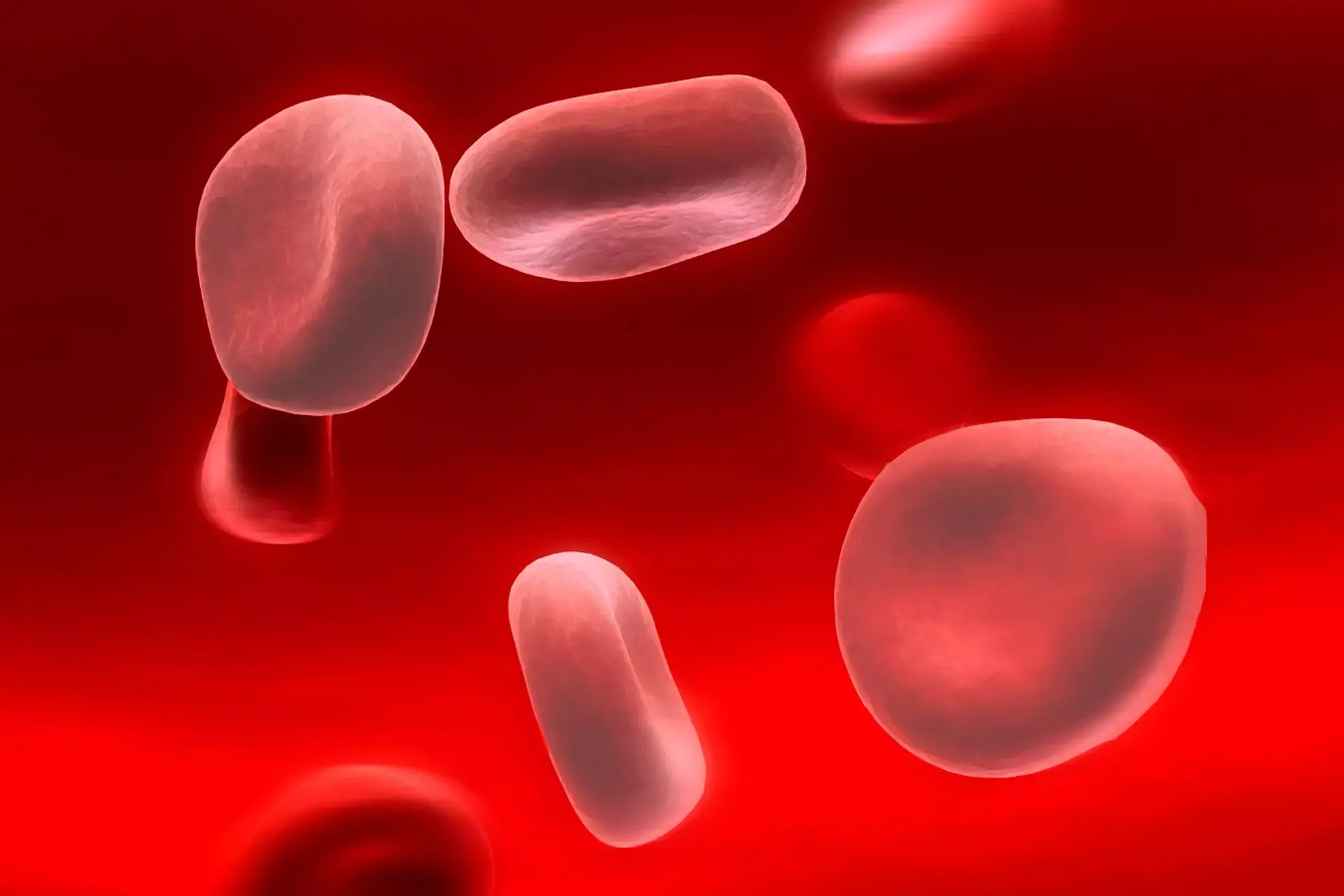- Home
- Medical news & Guidelines
- Anesthesiology
- Cardiology and CTVS
- Critical Care
- Dentistry
- Dermatology
- Diabetes and Endocrinology
- ENT
- Gastroenterology
- Medicine
- Nephrology
- Neurology
- Obstretics-Gynaecology
- Oncology
- Ophthalmology
- Orthopaedics
- Pediatrics-Neonatology
- Psychiatry
- Pulmonology
- Radiology
- Surgery
- Urology
- Laboratory Medicine
- Diet
- Nursing
- Paramedical
- Physiotherapy
- Health news
- Fact Check
- Bone Health Fact Check
- Brain Health Fact Check
- Cancer Related Fact Check
- Child Care Fact Check
- Dental and oral health fact check
- Diabetes and metabolic health fact check
- Diet and Nutrition Fact Check
- Eye and ENT Care Fact Check
- Fitness fact check
- Gut health fact check
- Heart health fact check
- Kidney health fact check
- Medical education fact check
- Men's health fact check
- Respiratory fact check
- Skin and hair care fact check
- Vaccine and Immunization fact check
- Women's health fact check
- AYUSH
- State News
- Andaman and Nicobar Islands
- Andhra Pradesh
- Arunachal Pradesh
- Assam
- Bihar
- Chandigarh
- Chattisgarh
- Dadra and Nagar Haveli
- Daman and Diu
- Delhi
- Goa
- Gujarat
- Haryana
- Himachal Pradesh
- Jammu & Kashmir
- Jharkhand
- Karnataka
- Kerala
- Ladakh
- Lakshadweep
- Madhya Pradesh
- Maharashtra
- Manipur
- Meghalaya
- Mizoram
- Nagaland
- Odisha
- Puducherry
- Punjab
- Rajasthan
- Sikkim
- Tamil Nadu
- Telangana
- Tripura
- Uttar Pradesh
- Uttrakhand
- West Bengal
- Medical Education
- Industry
Long-term exposure to PPIs and oral anticoagulants linked to increased risk of iron deficiency anaemia: Study

Long-term exposure to PPIs and oral anticoagulants linked to increased risk of iron deficiency anaemia suggests a study published in the BMJ Open.
A study was done to estimate the strength of association between exposure to selected classes of prescribed medications and the risk of developing iron deficiency anaemia (IDA), specifically considering oral anticoagulants (OACs), antidepressants, antiplatelet agents, proton pump inhibitors (PPIs) and non-steroidal anti-inflammatories. A case-control study involving the analysis of community repeat prescriptions among subjects referred with IDA, and unmatched controls referred as gastroenterology fast-tracks for other indications. Multivariable logistic regression modelling was used to calculate ORs for the association between IDA presentation and each medication class, adjusted for age, sex and coprescribing.
For those classes showing significance, it was also used to calculate risk differences between those in the IDA group with or without haemorrhagic lesions on investigation. Results: A total of 1210 cases were analysed-409 in the IDA group, and 801 in the control group. Significant associations were identified between presentation with IDA and long-term exposure to PPIs (OR 3.29, 95% CI: 2.47 to 4.41, p<0.001) and to OACs (OR 2.04, 95% CI: 1.29 to 3.24, p=0.002). IDA was not associated with long-term exposure to any of the other three drug classes. In contrast to the relationship with PPIs, the association with OACs was primarily in the IDA sub-group with haemorrhagic lesions. Long-term exposure to PPIs and OACs are independently associated with the risk of developing IDA. There are grounds for considering that these associations may be causal, though the underlying mechanisms probably differ.
Reference:
Prabhu K, Warricker F, Almilaji O, Williams E, Snook J. Role of prescribed medication in the development of iron deficiency anaemia in adults-a case-control study. BMJ Open Gastroenterol. 2024;11(1):e001305. Published 2024 Jun 26. doi:10.1136/bmjgast-2023-001305
Dr. Shravani Dali has completed her BDS from Pravara institute of medical sciences, loni. Following which she extensively worked in the healthcare sector for 2+ years. She has been actively involved in writing blogs in field of health and wellness. Currently she is pursuing her Masters of public health-health administration from Tata institute of social sciences. She can be contacted at editorial@medicaldialogues.in.
Dr Kamal Kant Kohli-MBBS, DTCD- a chest specialist with more than 30 years of practice and a flair for writing clinical articles, Dr Kamal Kant Kohli joined Medical Dialogues as a Chief Editor of Medical News. Besides writing articles, as an editor, he proofreads and verifies all the medical content published on Medical Dialogues including those coming from journals, studies,medical conferences,guidelines etc. Email: drkohli@medicaldialogues.in. Contact no. 011-43720751


